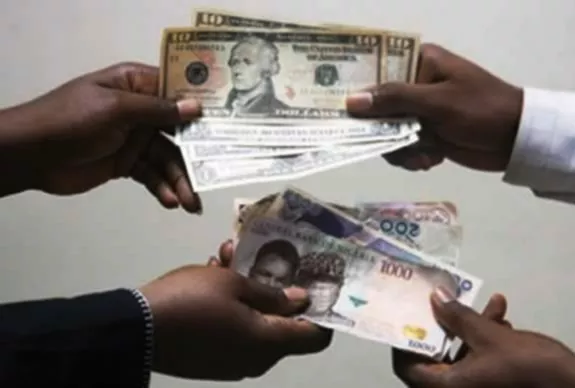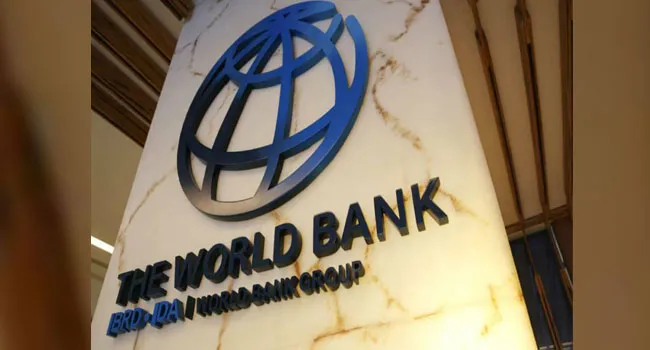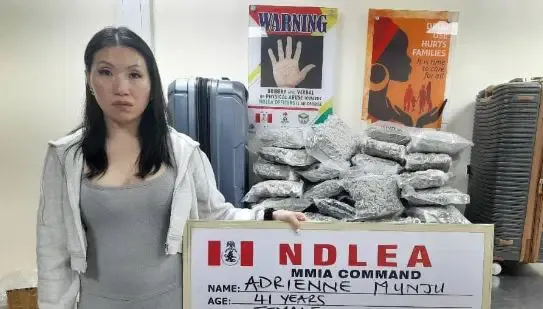Allegations have surfaced regarding rampant manipulation of Binance P2P, raising concerns about its impact on the Nigerian economy. The controversy centers around a group of prominent merchants allegedly orchestrating price manipulation, prompting questions about their true identities and motives.
According to reports, these merchants, some purportedly with over $2 million worth of USDT in their wallets, are accused of creating fake ads offering inflated rates for USDT transactions on Binance P2P. By setting minimum limits well above the market average, they effectively filter out smaller sellers, ensuring their ads dominate the platform.
The manipulation scheme involves enticing sellers with promises of rates as high as N1,700 per USDT, significantly above the parallel market rate. However, these offers come with hefty minimum transaction limits, deterring most ordinary sellers. If a seller does manage to meet the threshold, the merchants allegedly cancel the transaction and create new ads, perpetuating the cycle.
As a result of this orchestrated activity, the P2P price of the Naira to USD reportedly inflates to match the artificially high rates set by these merchants. They then capitalize on this inflated price by selling their USDT at similarly elevated rates under the “buy” section, further exacerbating the distortion.
Critics liken this situation to the infamous AbokiFX, where BDC operators reference prices, leading to cascading effects on the broader market. Despite the discrepancies between official rates and parallel market prices, BDC operators reportedly remain reluctant to buy at rates close to the inflated prices they sell, exacerbating the disparity.
The ramifications extend beyond the digital realm, with real-world implications observed in places like Benin City, where parallel market rates exceed official rates. Despite this, BDC operators allegedly offer lower rates for buying dollars while selling at inflated prices, exacerbating the discrepancy between buying and selling rates.
While some may point fingers at Binance for facilitating these practices, others argue that the root of the issue lies deeper within Nigeria’s BDC system. The alleged lack of oversight and accountability within this system raises questions about the Central Bank’s awareness and ability to address these challenges effectively.





